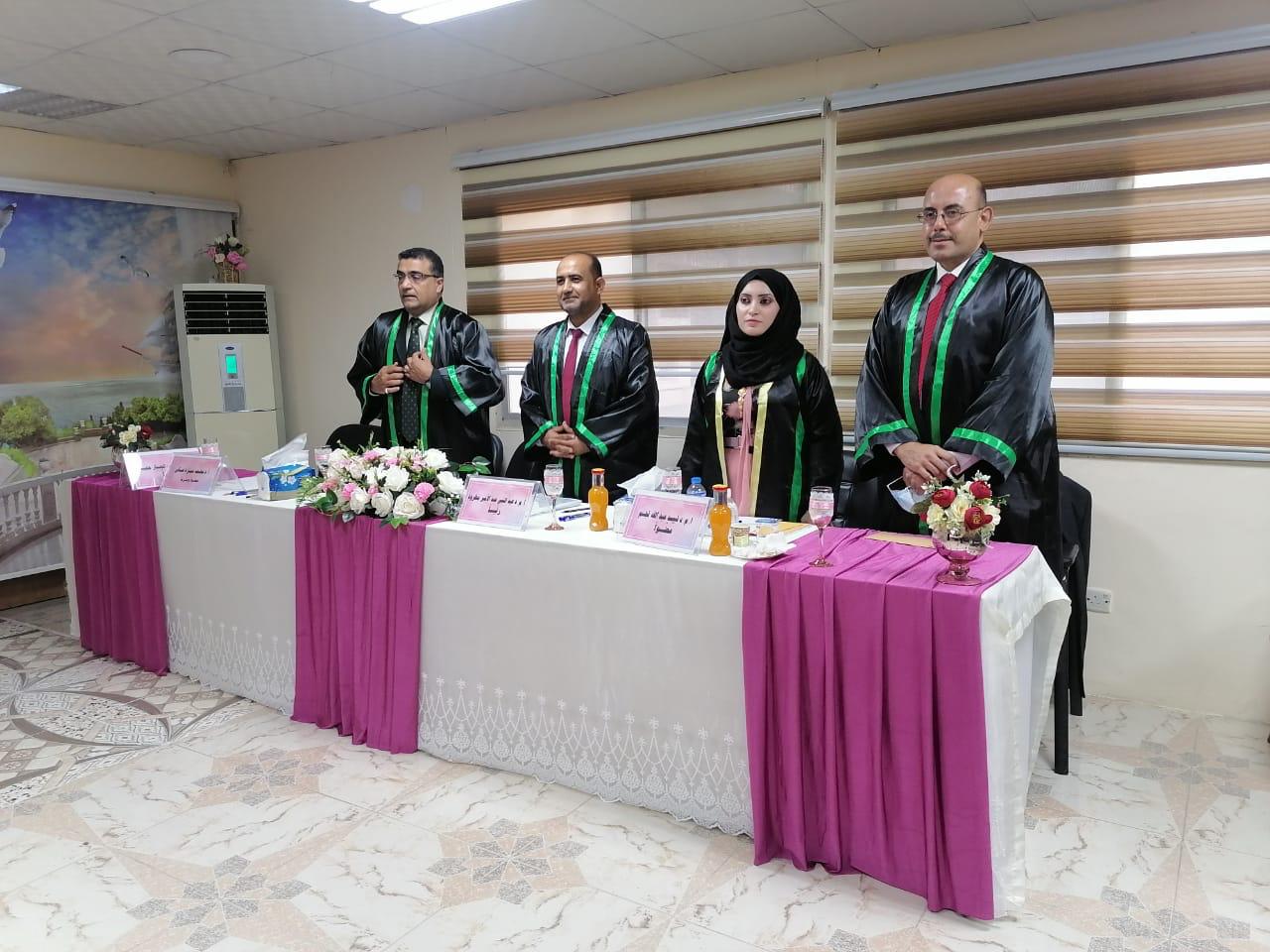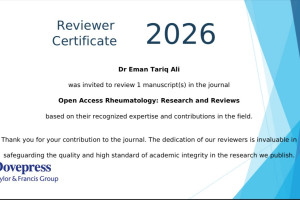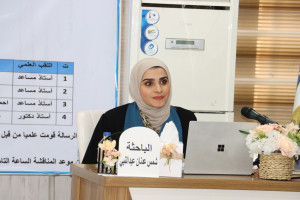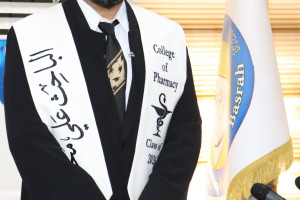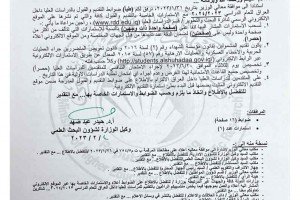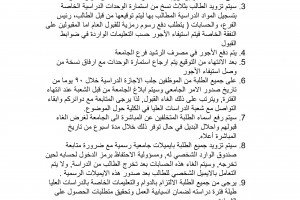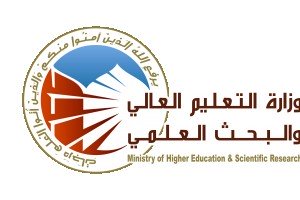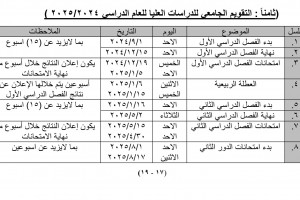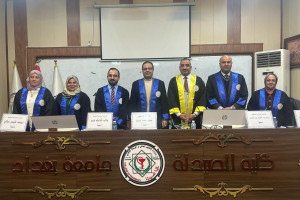
The faculty member staff at the College of Pharmacy, Assistant Professor Dr. Labid Abdullah Najm Al-Saad, was chosen to discuss the master’s student Jinan Abdul-Karim Abbas at the University of Basrah in the College of Agriculture about her tagged message (the efficiency of some nanocomposites, titanium dioxide and zinc oxide in protecting the wheat plant from infection with seed rot and seedling death). caused by the fungus Rhizoctonia solani).The study included diagnosing multiple strains of pathogenic fungi and testing their pathogenicity. The study also assessed the effect of adding some nanocomposites (zinc oxide and titanium dioxide) on the growth of different varieties of wheat, as well as the inhibitory effect of different isolates of the fungus Rhizoctonia solani and their efficiency in protecting the wheat plant from infection with this. Pathogen that causes seed rot and seedling death of wheatgrass.The study concluded that titanium dioxide and zinc oxide were non-toxic to the tested wheat varieties. On the contrary, their positive effects were shown to encourage growth. Laboratory and field experiments also showed that the nanocomposites used in the study were very efficient in killing pathogenic fungi within a range of concentrations that extended from 25- 100 parts per million, and it provided excellent protection for the plant that dispenses with the use of chemical pesticides. Also, titanium dioxide showed significant superiority in all its interactions at the concentration of 100 parts per million.The two cultivars Abu Ghraib and Bohuth 22 had the best response to the treatment with the studied nanomaterials
